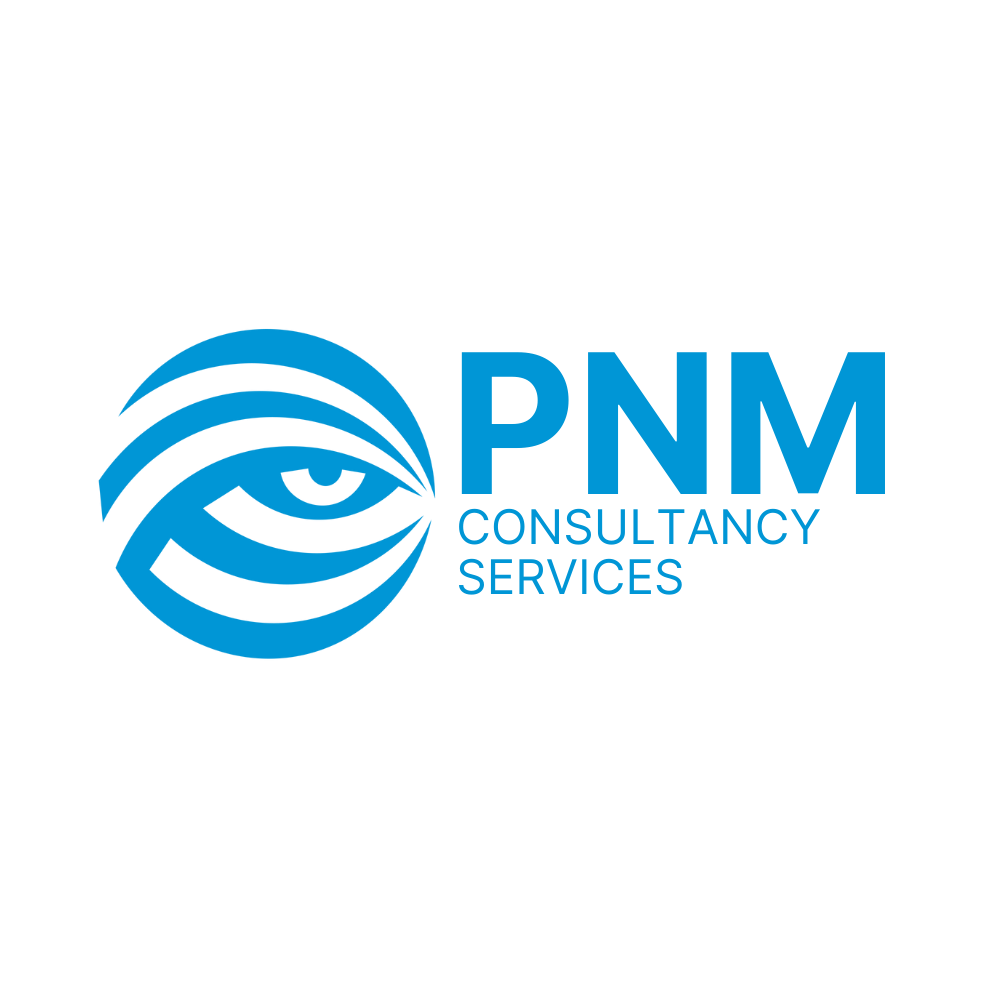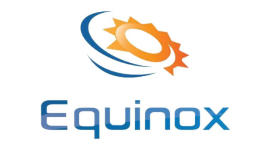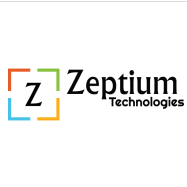PrimeFour Consulting offers expert guidance to help new entrepreneurs compile and organize the necessary documentation seamlessly. Our advisors ensure that you are well-prepared, making the document submission process more efficient.
With PrimeFour Consulting's support, the time-consuming aspects of opening a business account become streamlined. Our team facilitates a smoother process, reducing the time and effort required from entrepreneurs who are new to the country or starting a business.
PrimeFour Consulting provides insights into the competitive landscape of UAE banks, helping you choose the right bank and account. Our experience ensures that new entrepreneurs can make informed decisions, making the selection process smooth and tailored to your business needs.
By leveraging PrimeFour Consulting's expertise, new entrepreneurs can navigate the challenges associated with opening a business account in the UAE with confidence. Our guidance aims to simplify processes, saving time and effort, and facilitating a seamless experience for entrepreneurs establishing their business presence in the country.
In the dynamic landscape of global finance, governments and financial institutions are enacting stringent measures to combat tax evasion and money laundering. Notably, two pivotal initiatives are FATCA (Foreign Account Tax Compliance Act) and CRS (Common Reporting Standard).
PrimeFour Consulting, a leading advisory firm specializing in financial services, is dedicated to guiding all business clients through the complexities of these regulations. In 2018, financial institutions in the Middle East, including Bahrain, Kuwait, Qatar, Saudi Arabia, UAE, Lebanon, and Turkey, aligned with the CRS regime, under the expert advisory of PrimeFour.
Under CRS, financial institutions must annually identify customers' tax residency, collect financial account information, exchange relevant details, and report to tax authorities. Customers are required to furnish information like name, address, birthdate, tax residency, and Tax Identification Number. Importantly, CRS requirements may vary across jurisdictions.
Non-compliance poses risks, from commercial and reputational damage to financial penalties. Penalties may be imposed for failure to establish compliance frameworks, document due diligence, identify/report accounts, and ensure accurate reporting.
PrimeFour excels as an advisory partner, guiding financial institutions in fulfilling CRS terms and obligations. This involves periodic checks on Organisation for Economic Co-operation and Development (OECD) and CRS documentation requirements, implementation of robust onboarding processes for new customers, application of CRS processes for existing account holders, establishment of comprehensive compliance frameworks, and annual reporting on reportable accounts.
Moreover, PrimeFour extends its expertise to provide Know Your Customer (KYC) advisory and Enhanced Due Diligence (EDD) advisory support to all business clients. This additional support ensures that clients are not only compliant with tax regulations but also equipped with robust processes for customer identification and thorough due diligence, further fortifying their financial integrity.
At PrimeFour, our specialized Tax Advisory Department plays a crucial role in ensuring client compliance with CRS, classifying entities subject to requirements, analysing process gaps, reporting risks associated with non-compliance, fostering awareness through workshops and blogs, supporting due diligence requirements, assisting with reporting, and reviewing policies to align with CRS requirements and regulations. PrimeFour stands as a trusted advisor, navigating clients
Request for Our
Free Consultation
Don’t miss out – take advantage of our free consultation and take the first step towards achieving your goals
A Freezone Company in the UAE is a business entity established within a designated free zone, offering foreign investors various advantages such as 100% foreign ownership, tax exemptions, and simplified import/export procedures.
Yes, both individuals and foreign corporate entities can own a Freezone Company. This is one of the key advantages of setting up a business in a UAE free zone.
Corporate Tax is a type of direct tax imposed on the net income or profit of companies and businesses. It is also known as "Corporate Income Tax" or "Business Profits Tax" in some regions.
The UAE Corporate Tax becomes effective for Financial Years starting on or after June 1, 2023.
For example:
Yes, UAE Corporate Tax applies irrespective of the ownership nationality. It covers entities locally or internationally owned.
The UAE introduced VAT to diversify income sources and maintain the high standard of public services. It is a 5% tax applied to most goods and services.
Let us say a mobile phone is manufactured and sold through various stages—manufacturer to wholesaler to retailer, and finally to the consumer. At each step, a 5% VAT is applied, and businesses can claim a refund on the VAT they have paid on their purchases.
The standard VAT rate is 5%, but there are categories like zero-rated (0% VAT), exempt (no VAT), and deemed supplies.
Businesses must register for VAT if their taxable supplies exceed AED 375,000 per year or voluntarily if it exceeds AED 187,500.
Accounting is the systematic recording, reporting, and analysis of financial transactions, while bookkeeping involves the daily recording of financial transactions.
Accounting provides a clear picture of your financial health, helps in making informed decisions, and ensures compliance with financial regulations.

CEO, Exavibes
Working with Prime4 Consulting to establish our office in Dubai was a game-changer for us. Their team provided invaluable support throughout the entire process, from navigating legal requirements to finding the perfect location. Thanks to their expertise and dedication, we were able to smoothly expand our operations into Dubai and hit the ground running.

Founder & Director, Moods Investment Research Inc.
PrimeFour Consulting provided excellent guidance for setting up my company in Dubai and registering for VAT/Tax. Highly recommended!

Director, PNM consultancy
PrimeFour and its team have been instrumental in supporting our business ventures in the UAE and Middle East. Their exemplary service and dedication have consistently exceeded our expectations. With their expertise and guidance, we've navigated through complexities seamlessly, achieving remarkable results. PrimeFour's commitment to excellence and client satisfaction is truly commendable. We highly recommend PrimeFour to anyone seeking reliable and top-notch business support in the region.

Managing Director – Equinox
I have engaged Mr. Asif from PrimeFour Consulting in the UAE, and he has been an incredible ally in setting up our entities. His local knowledge is unparalleled. I highly recommend PrimeFour Consulting for Business Setup, Corporate Tax, and Management consultancy.

Zeptium Technologies LLC– Sales Manager
I have been thoroughly impressed with the exceptional service provided by PrimeFour Consulting. Their team has been incredibly prompt in responding to all my queries, ensuring that every concern is addressed with clarity and professionalism. I especially appreciate the valuable guidance I received regarding corporate tax filing process. PrimeFour Consulting has truly been a reliable partner in navigating the complexities of tax regulations, and I would highly recommend their services to any business looking for expertise and efficiency.

Consultant
I raised a query about the Corporate Tax registration process and deadlines with PrimeFour Consulting. They responded promptly with a professional and thorough explanation, addressing all my concerns. Excellent and efficient service from the PrimeFour Consulting team!

Consultant
PrimeFour Consulting provided exceptional support for my new company formation query. They offered a range of options with transparent pricing, making the entire process clear and straightforward. Their team followed up promptly to ensure I had all the necessary information. Excellent professionalism and prompt service.